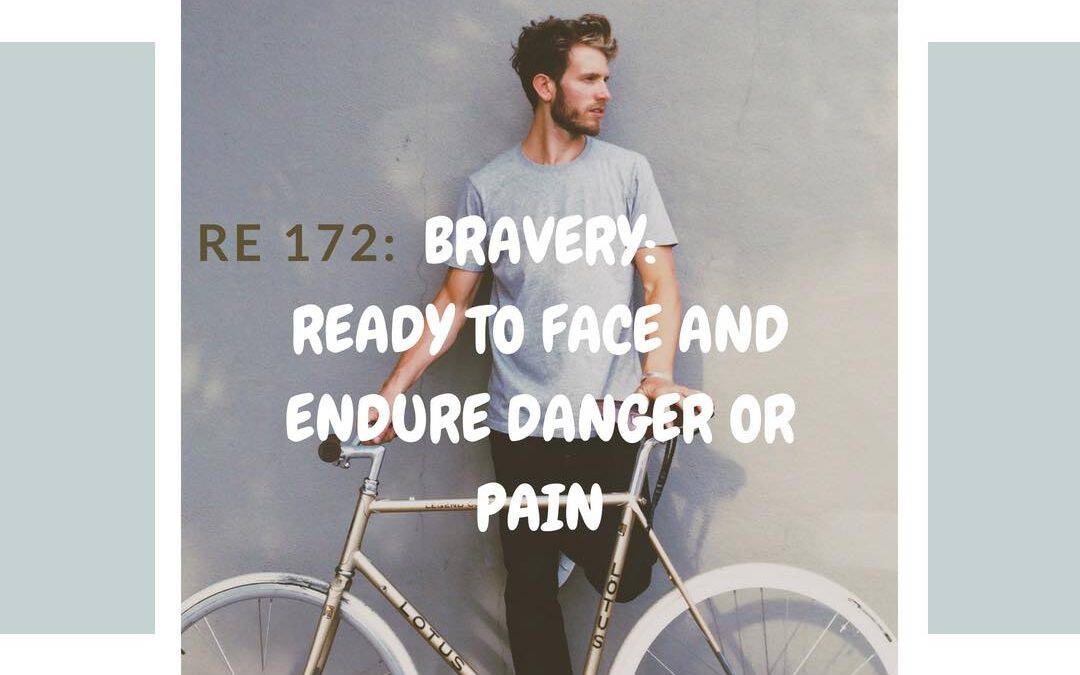
by Paul Churchill | Jun 4, 2018 | Podcast
Podcast: Play in new window | Download
Subscribe to the Recovery Elevator Podcast Apple Podcasts | | More
Bravery: Ready to face and endure danger or pain. Showing Courage.
Many times in life we come face to face with our next step. We can see clearly the path ahead that will lead to our next “level up”. We can know everything there is to know about our plight and circumstances. We can possess the very map that will lead us to the next door. But when the time comes, sometimes we hesitate to open it.
In sobriety, you have to be willing to fail. People who seek sobriety are a particular kind of brave. They imagine another way to be and actively seek it out, even if it means going against the grain or swimming upstream.
It’s important to note that being brave and/or courageous does not mean being without fear. Feeling fear is not only normal, but it’s an important part of the process.
The growth we seek lies not in running from fear, but in embracing it and, if possible, learning from it. Fear can be a profound and necessary teacher. Bring brave and courageous means that instead of avoiding fear, we compassionately face it and move forward with it as an ally in our sobriety portfolio.
Individual bravery becomes amplified and much more powerful when supported by the collective bravery of the sobriety community.
Beth, with 6 months since her last drink, shares her story…
SHOW NOTES
[8:50] Paul Introduces Beth.
Beth has been sober for just over 6 months. She’s 39 years old. She’s a mother of 3 from New Jersey. She’s a special education teacher. She loves the outdoors, sports, art, and music. She is learning skateboarding from her 9-year-old nephew.
[11:38] When did you realize you had a problem with drinking?
She started drinking heavily in college in an attempt to deal with social situations and have fun. She always felt different from other people, and was also dealing with a recent death in the family. She had easy access to alcohol in school. She moved to New York City right before the attack on the World Trade Center. She used alcohol to deal with stress and difficult emotions.
[16:40] Did you ever try to put any rules into place to moderate?
Yes. She would try to regulate the times she could drink. She would try to regulate when she was allowed to drink hard alcohol.
[18:25] How much were you drinking before you quit?
She drank nightly. Red wine helped her deal with stress when dealing with her kid’s homework.
[20:15] Did you reach a rock bottom?
She drank while taking her kids out for Halloween. She drank a lot and experienced a bad hangover. She began to worry about whether or not she was a good mother. She discovered the podcast and began to listen. She decided to become sober and joined Cafe RE.
[26:20] What was it like at first when you quit?
She was excited. She told a few close friends and family members. She wanted to get back into running. She felt great. She avoided concerts and other places where she used to drink. She did whatever it took to not drink.
[28:45] Have you changed your mind about AA now that you’re sober?
It was a complete 180 degree change. She began to feel more connected and she related to them more than before. She is looking forward to expanding her recovery community.
[33:45] How has your perception changed?
She knows she’s on the right track, but she is starting to fear relapsing. She is trying to break free from her perfectionist mentality. She is facing and processing a lot of shame from her past. She appreciates the benefits from her newly found clarity.
[37:50] What happened when you accidentally posted your sobriety on Facebook?
She received some unexpected messages of support from different moms in her social network. She gave others the info for getting help. She believes alcohol is a real gateway drug.
[41:24] Rapid Fire Round
- What was your worst memory from drinking?
Her birthday in NYC. After a night of dinner and drinks, she passed out on the floor next to her apartment door.
- Did you ever have an “oh-shit” moment?
She went to a concert for her daughter’s birthday. She needed beer badly. She made her kids wait in line forever so she could get a beer.
- What’s your plan moving forward?To continue staying healthy. Be more present with her kids. Get more organized. Find comfort within herself. She’s more happy with who she is.
- What’s your favorite resource in recovery?Cafe RE group because it will forward you to other great resources.
- What’s the best advice you’ve ever received (on sobriety)?
- What parting piece of guidance can you give listeners who are in recovery or thinking about quitting drinking?
If one drink is not enough, then it’s time to stop drinking. The poison has already begun to take effect. It’s not worth it. Trust your gut.
- You might be an alcoholic if…
“You’re pregnant, and you haven’t told anyone. You say you’re not drinking to someone, and they assume you’re pregnant because you usually will always have a drink.”
Resources mentioned in this episode:
Connect with Cafe RE– Use the promo code Elevator for your first month free
Sobriety Tracker iTunes
Sobriety Tracker Android
Sober Selfies! – Send your Sober Selfie and your Success Story to info@recoveryelevator.com
“We took the elevator down, we gotta take the stairs back up, we can do this!”
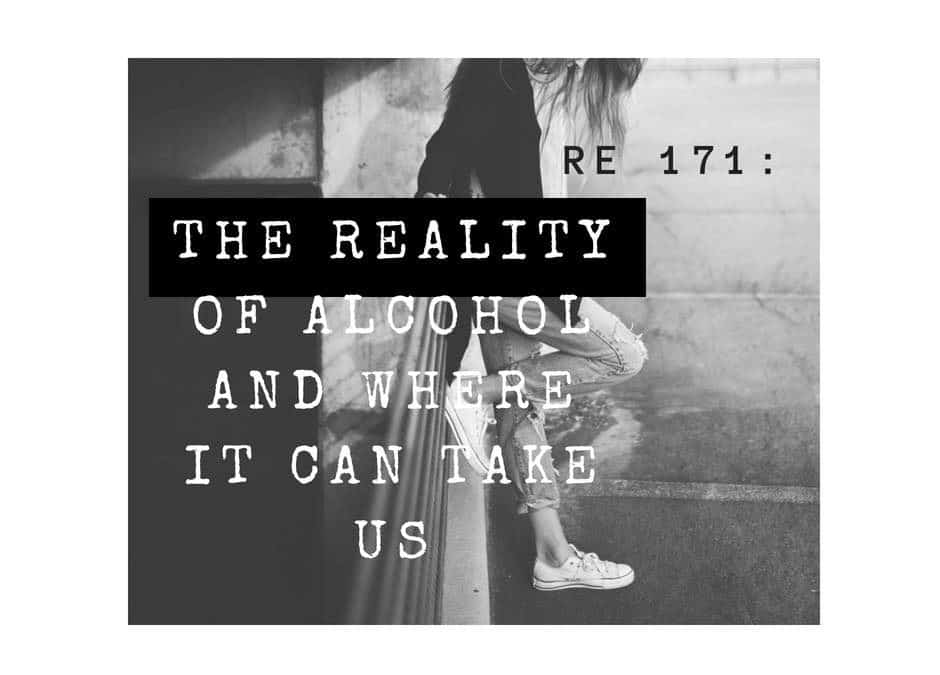
by Paul Churchill | May 28, 2018 | Podcast
Podcast: Play in new window | Download
Subscribe to the Recovery Elevator Podcast Apple Podcasts | | More
The path of sobriety is not always easy. Many of us will stumble, fall, relapse and find ourselves back at square one. It’s not the end of the world. When we relapse, we have the opportunity to learn from our mistakes and, if necessary, reinvent ourselves.
Tamara, with 48 days since her last drink, shares her story…
SHOW NOTES
[3:57] Paul Introduces Tamara.
Tamara is 31 years old, from Nashville, Tennessee. For fun, she enjoys cooking, the outdoors, and spending time with loved ones.
[7:00] When did you realize you wanted to quit drinking?
Her first drink was on her 21st birthday. She drank through her 20s. She had alcohol abuse in her family. She thought her family was wrong by hiding alcohol from her. She thought it was fun. The progression of her alcoholism snuck up on her. She assumed it was healthy and normal. She went through a big period of change that left her unsatisfied.
[15:30] Did you put any rules into place when you tried to quit drinking?
Yes. She would try to limit other bad activities and use drinking as a reward. She tried to abstain for a month with a friend. She convinced herself to keep drinking. Each year the rules would narrow until she stopped trying to do her cleanses. She began to realize that she had a problem but she kept trying to fix other areas of her life, hoping it would fix her drinking. Her ex told her about recovery elevator. After listening she realized that she wasn’t alone.
[22:28] After drinking, what was it like without alcohol?
Weird. She experienced physical withdrawal symptoms like anxiety. Then she felt great.. experienced a pink cloud.
[24:40] Has everyone in your life been on board with your lifestyle change?
No. Her family and coworkers have been supportive but not everyone.
[26:45] What do you think brought on your relapse? What did you take away?
She went on a work trip. Everyone else was drinking. She didn’t yet have her recovery ingrained enough to handle the environment. She now is working on a more holistic recovery strategy.
[29:23] Walk us through a typical day in your recovery.
She tries to work on her recovery daily. She says the prayer of serenity. She meditates. She tries to avoid negative news and media. Her morning routine helps her stay in the right frame of mind to handle anything life can throw at her.
[31:20] What have you learned about yourself in sobriety so far?
She learned that she deserves the things that she wants. She sees more of the bigger picture now. She’s not afraid to relate to different kinds of people. She focuses more on her values and ignores the noise. She makes more of an effort to show up and work on herself first.
[32:50] What’s on your bucket list in sobriety?
She wants to work the steps.
[33:30] Rapid Fire Round
- What was your worst memory from drinking?
- Did you ever have an “oh-shit” moment?
She started cutting herself to help deal with the deep depression she was experiencing. It helped her feel in control of herself. One night she cut herself too deeply and she had to go to the emergency room.
- What’s your plan moving forward?She’s going to continue to work it to her best ability. She wants to continue adding tools to her recovery portfolio.
- What’s your favorite resource in recovery?Cafe RE. The community in your online recovery community.
- What’s the best advice you’ve ever received (on sobriety)?
“What is your motivation?” When there is no clear-cut ethical guide, she has to get to the bottom of her own intentions.
- What parting piece of guidance can you give listeners who are in recovery or thinking about quitting drinking?
You are not alone. The recovery community is huge and willing to share with you. Share your story. There is no shame.
- You might be an alcoholic if…
“when discussing oral surgery with your physician, your first concern is how quickly you will be able to drink wine afterwards.”“What’s in the water bottle? … vodka.. just kidding! .. it’s actually vodka.”
Resources mentioned in this episode:
Connect with Cafe RE– Use the promo code Elevator for your first month free
Sobriety Tracker iTunes
Sobriety Tracker Android
Sober Selfies! – Send your Sober Selfie and your Success Story to info@recoveryelevator.com
“We took the elevator down, we gotta take the stairs back up, we can do this!”
Show notes for this epsiode will be uploaded Tuesday, May 29th, 2019.
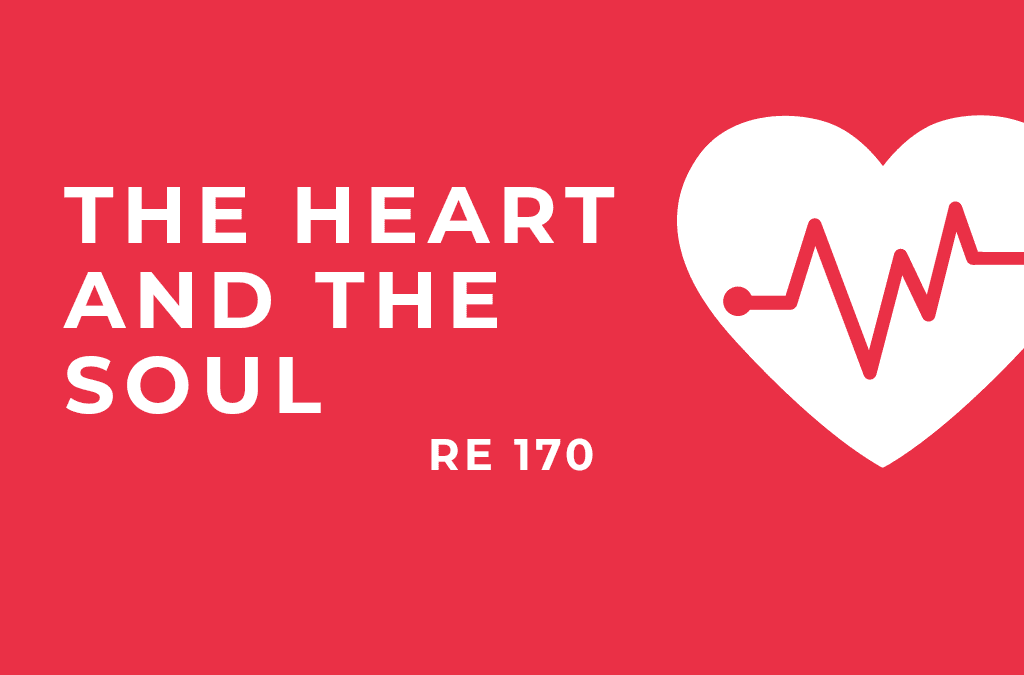
by Paul Churchill | May 21, 2018 | Podcast
Podcast: Play in new window | Download
Subscribe to the Recovery Elevator Podcast Apple Podcasts | | More
Please listen with an open heart and open mind.
– Paul
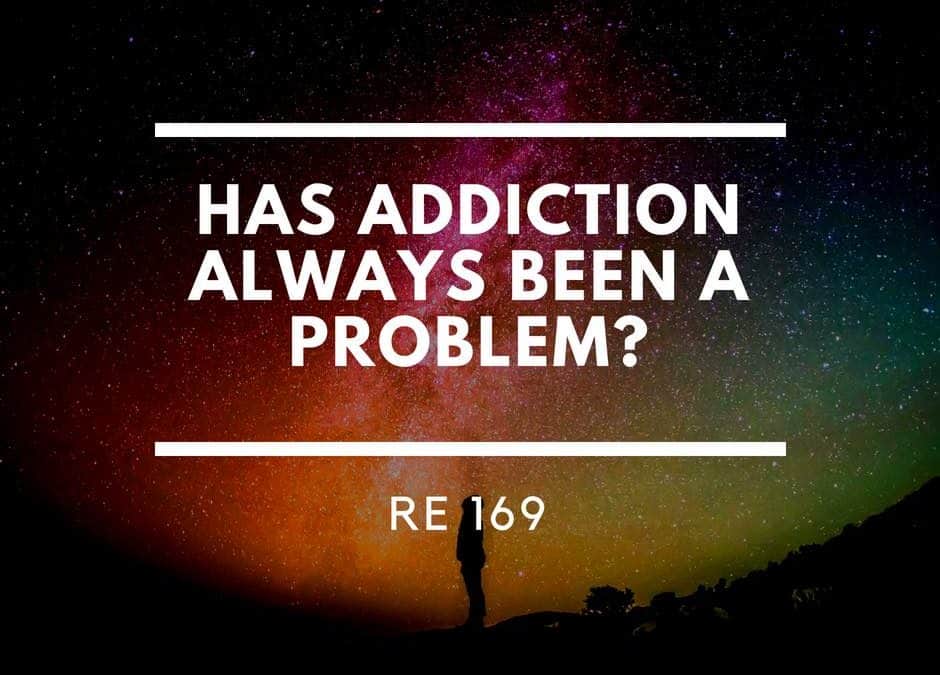
by Paul Churchill | May 14, 2018 | Podcast
Podcast: Play in new window | Download
Subscribe to the Recovery Elevator Podcast Apple Podcasts | | More
Has addiction always been a problem?
Alcohol has been around for thousands of years, but has alcoholism? In Gabor Maté’s book, “In the realm of hungry ghosts” he states:
“The precursor to addiction is dislocation… the loss of psychological, social, and economic integration into family and culture.. a sense of exclusion, isolation and powerlessness. Only chronically and severely dislocated people are vulnerable to addiction. The historical correlation to severe dislocation and addiction is strong. Although alcohol consumption and drunkenness on festive occasions was widespread in Europe during the middle ages, only a few people become drunkards or inebriates. So what happened?”
Dislocation became more prevalent during the rise of industrial society in the 1800’s. As traditional familial or cultural roles weakened, alcoholism became more widespread.
The effects of this can be seen not only in the US on both immigrant and native populations, but also in the native aboriginal cultures of New Zealand and the rising number of addicts in China as it struggles during periods of rapid growth.
Caroline, with over 1 year since her last drink, shares her story…
SHOW NOTES
[9:50] Paul Introduces Caroline.
Caroline is from New Zealand, 40 years old, married and a mother of three. She enjoys reading, she is the new owner of a pub.
[11:15] When did you first suspect that you had a problem with drinking?
She started at 13 or 14. She knew pretty early that she drank more than most. As she got older she used drinking as a coping mechanism. She surrounded herself with other drinkers. Had an epiphany when she came upon the book “Mrs. D is Going Without” by Lotta Dann. It changed her definition of an alcoholic and made her reassess her own drinking.
[14:25] Did you ever try to quit prior to your successful attempt? Did you moderate or put rules into place?
She tried it all. She drank heavily in university. As she got older, the hangovers became unbearable and her depression got worse. She began to rethink her drinking in her late 30’s. She tried to moderate with restricting the day of the week or the type of drink and it only got worse.
[16:00] Was your drinking tied in with your depression? How were they linked?
She would always feel shame and embarrassment the days following a bout of heavy drinking.
[17:17] Did you experience a rock bottom moment?
She had many. One that stood out, she was studying and driving into town with a hangover for the 4th week in a row. She realized that she can’t moderate and that it was having larger consequences than she liked and she decided to quit. She quit for 100 days, thought she was cured, relapsed and went back to drinking. Then she woke up and realized she had a problem. She wasn’t going to wait for something more serious to happen before she quit.
[21:00] How did you quit? What were your first few days like?
She thinks drinking stunned her emotional growth. She had to relearn how to deal with stress and emotions. She had to learn how to be kind to herself. She had been previously been through some emotional trauma and the emotions bubbled up when she was sobered up. She finally processed the emotions and did some soul searching and now she feels lighter.
[26:06] Can you think of an example in early sobriety in which you had to try a new coping mechanism?
She always thought she wasn’t good enough. The night her husband was injured she was pregnant and she almost lost her daughter and husband on the same night. When it bubbled up she cried and released the feelings.
[27:35] Walk us through a typical day in your sobriety. How are you going to get to year 2?
She is more kind to herself. She’s made some friendship in online communities. She is interested in developing and maintaining real life connections with sober and like-minded people.
[28:45] Why is it important to have those real life connections?
She feels she can relax and be herself with no shame or judgment. Everyone supports one another. She laughs with her friends and truly enjoys being sober.
[30:20] What have you learned most about yourself in sobriety?
That she’s okay. Her relationship with herself and her inner world has changed. She is now more content and proud of herself.
[31:08] What’s on your bucket list going forward in sobriety?
To continue to develop real life friendships. To focus on her health and family. To raise her daughters with healthy inner dialogues. To instill awareness in her family that there is another way. To lead by example.
[33:50] How did you end up buying a pub?
She wasn’t looking for a pub specifically, but it was just something she always wanted to do. They’re changing it to be more of a family friendly place.
[35:33] What will you do if you encounter an alcoholic in your restaurant?
At first she was shameful about having a problem with drinking. She met someone with a problem and just reached out to them to let them know they were available.
[37:30] Rapid Fire Round
- What was your worst memory from drinking?
The lack of memories. Her imagination would fill the gaps and it wasn’t pleasant.
- Did you ever have an “oh-shit” moment?
The hangover after she relapsed after over 100 days sober.
- What’s your plan moving forward?To continue to develop sober friendships. Keep pushing herself in positive directions.
To keep living life and stay fit and active.
- What’s your favorite resource in recovery?Living Sober, a free online sober community based in New Zealand.
- What’s the best advice you’ve ever received (on sobriety)?
Make the decision. You accept the step to move forward. It turns off the head chatter.
- What parting piece of guidance can you give listeners who are in recovery or thinking about quitting drinking?
Picture yourself in 5 years time as a drinker. Create a vivid detailed picture.. are you still drinking? What are your relationships like? How do you feel? Now picture your sober future. How are they different?You might be an alcoholic if…
you gulp down a first glass of wine before pouring two glasses of wine to bring out to your husband.
Resources mentioned in this episode:
In the Realm of Hungry Ghosts – a book by Gabor Maté
Mrs. D is Going Without – a book by Lotta Dann
Living Sober – A free online sober community
Connect with Cafe RE– Use the promo code Elevator for your first month free
Sobriety Tracker iTunes
Sobriety Tracker Android
Sober Selfies! – Send your Sober Selfie and your Success Story to info@recoveryelevator.com
“We took the elevator down, we gotta take the stairs back up, we can do this!”
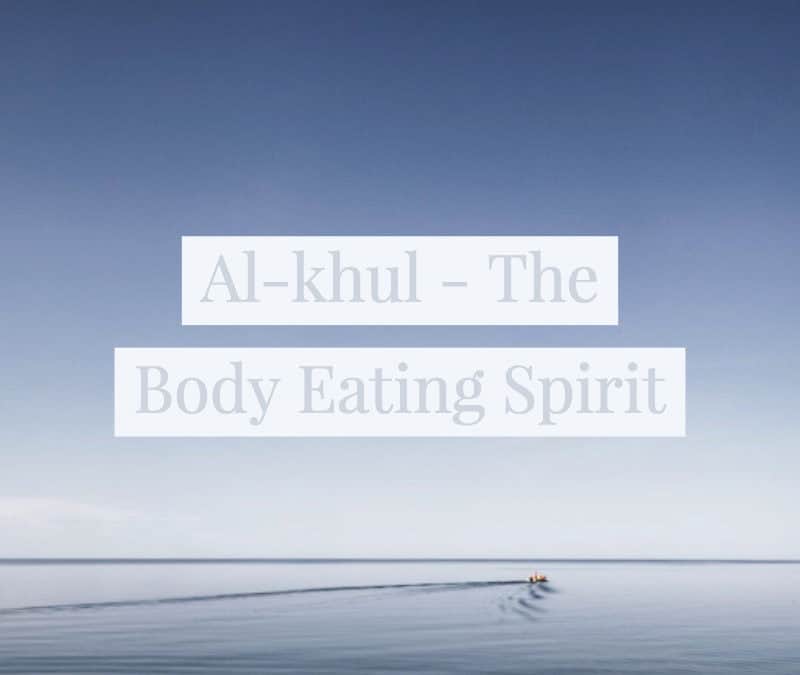
by Paul Churchill | May 9, 2018 | Blog
“Al-khul (Arabic, meaning ‘body-eating spirit’. Etymological root of ‘alcohol’.) – By Alissa Kingham. Alissa can be reached at alknrk@aol.com.
The spider lived on the back of her head. She wasn’t sure exactly how long it’d been there. She only became truly aware of its presence when she first started giving it permission to bite her.
The spider had been with her for so long, it had become so accustomed to her, that it had learnt to whisper in her ear, speaking mistruths in a voice that sounded so much like her own that it became impossible for her to distinguish between its lies and her own thoughts. It whispered to her when she was by herself, and when she was surrounded by people. The spider had no care for what she was thinking, feeling or doing. Her life was lived with the spider’s muted tones repeating persistently, never faltering, like a sinister backing track that only she could hear playing.
Her life was changed from the first bite. And neither the sinking of its fangs into her flesh nor the spread of its venom caused her any pain. It induced a feeling of euphoria, incited a sense of overwhelming tranquility like nothing she’d ever known before. The way she’d experienced both the world outside of herself and her own internal existence up until that moment had been perpetually uncomfortable. It was too bright, too loud, too unpredictable. Every interaction felt jarring. She moved through life in a skin that didn’t fit, every motion requiring so much physical exertion that she’d been exhausted for as long as she could remember. The first bite felt like finally coming home.
The venom flowed through her veins slowly, its warmth crawling languidly through every limb. The spider spun a silken web, gently lowering it before her eyes, dulling her vision until she no longer felt like she was staring into the sun. The edges became blurred, the colours muted, and her perception softened. The fear she carried dissipated, every other importance ceased to matter. She allowed herself to be entirely alone, safe in the knowledge that still she was held.
The spider would only bite her when she allowed it to. At first, she would only grant it permission occasionally. She was suspicious of the ecstasy it bought her, and her craving for its poison frightened her. But it continued to whisper, pouring words into her ear like honey, breaking her resolve until she began to forget why she was fighting it to begin with.
So over time, the bites were administered more frequently. She waited for them and welcomed their arrival. The spider grew bigger, its voice stronger and its influence more powerful. She could no longer distinguish herself from her inhabitor, and she could barely remember the person she had been before it took hold.
Each bite continued to deliver the guaranteed oblivion, but they also started to induce other effects. The area around the wound where the fangs were inserted started to rot. The punctured skin wept and blistered, releasing the unmistakable scent of festering tissue so pungent that she began to avoid being close to anyone else. But the spider thrived on the stench, feasting off of the decay. She didn’t need people near her anyway, it told her, because she was never alone. The only respite from the increasing agony of last bite was the arrival of the next. And so still, infected and in pain, she was held.
She knew where she was headed. Even in the beginning, in the midst of the elation the spider had initially bought her, deep down she’d always known what the outcome would be. She sensed the end, drawing ever closer, and she felt herself running blindly towards it as if the spider had attached its web to her toes and was controlling her forward motion like a malevolent puppeteer. But she didn’t fear the descent. She didn’t fear anything, not anymore. Because she was never alone. Because still, she was held.”







